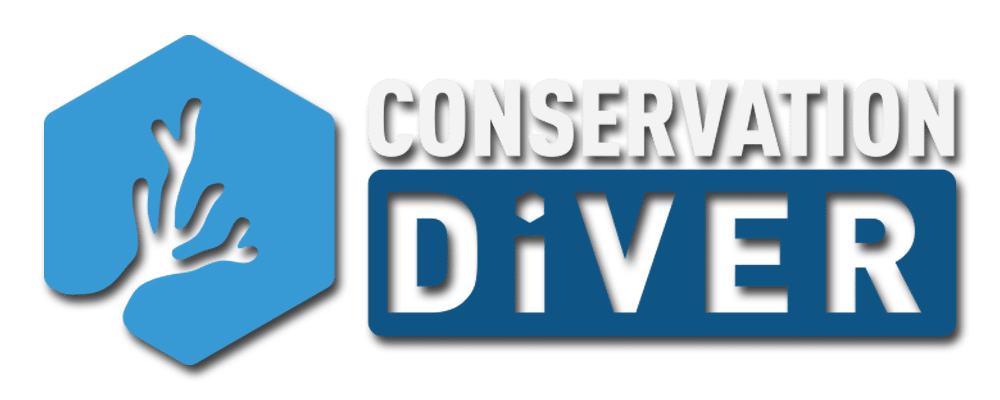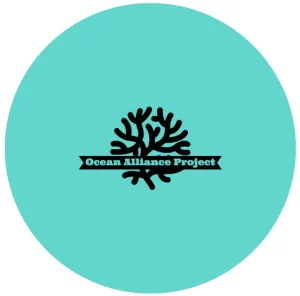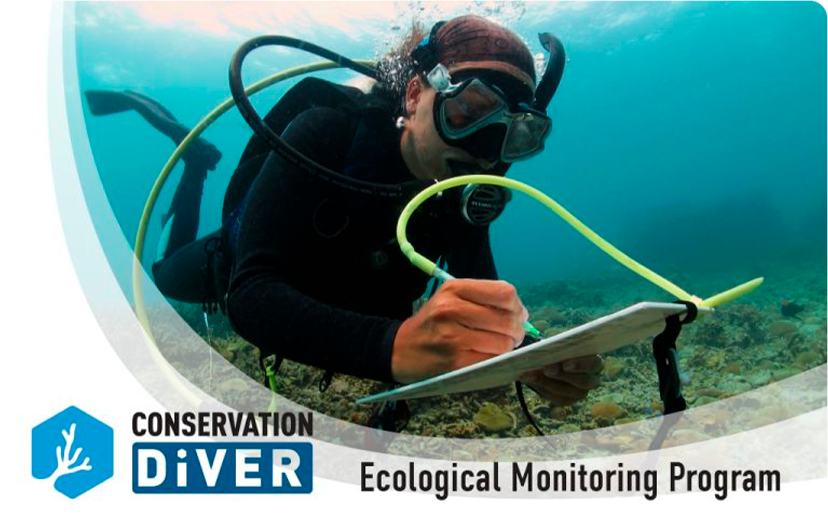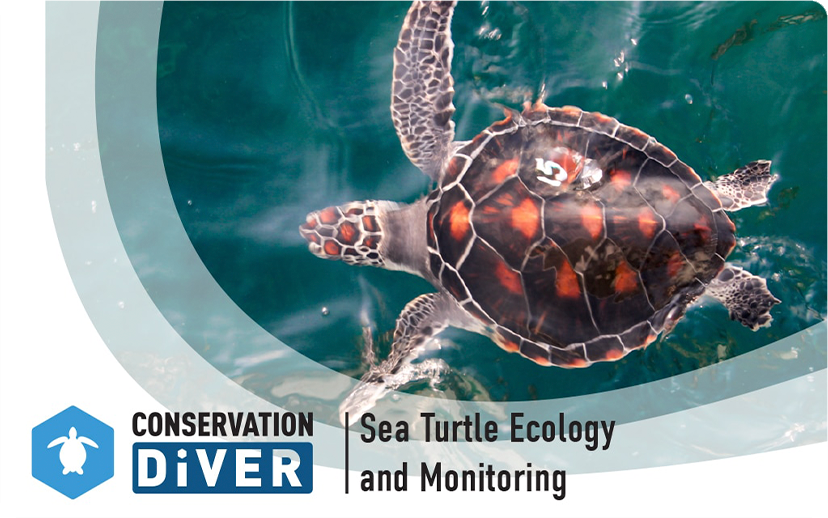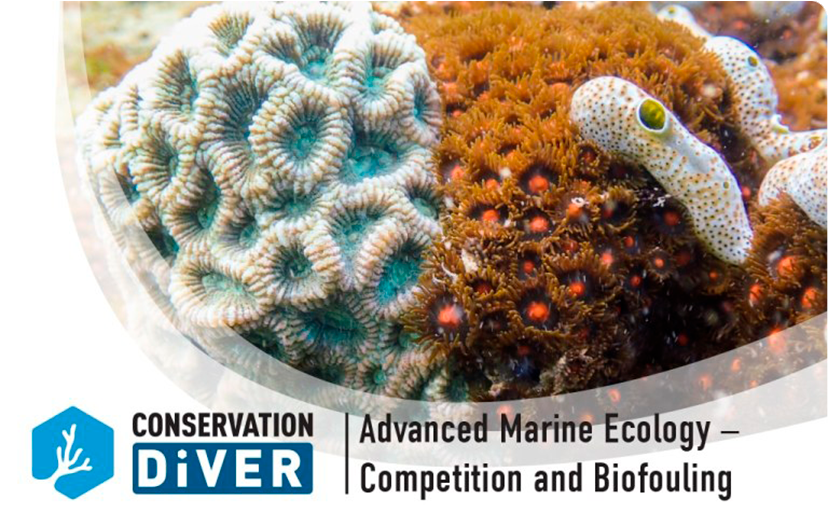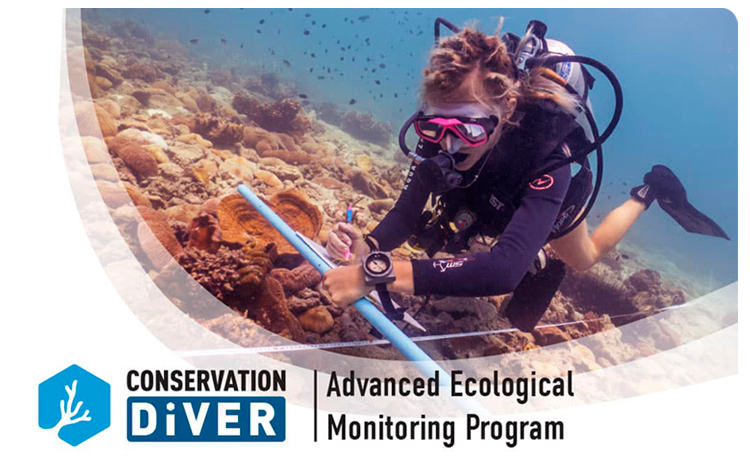HAWAI’I
Ocean Alliance Project
The Ocean Alliance Project is located on Oahu, the most populous island in the Hawaiian Archipelago. We are monitoring the long-term effects of climate change and anthropogenic disturbance on the ecological dynamics of Hawaiian coral reefs. Our main goal is to better protect and preserve the marine biodiversity found in these systems and help restore biologically significant areas with more resilient corals by teaching marine conservation courses to locals and visitors.
Coral reef restoration is fundamental in bringing back reefs to areas with biological significance. However, the backbone of any good restoration plan is the monitoring conducted before action and an approach based solely on the scientific method.
Training Center Offering
Marine Conservation Training Program
Week 1 – Ecological Monitoring
During the first week, we go over the basics of coral reef ecology and monitoring, with a significant emphasis on dive training and buoyancy. During this first week, each student will learn how to survey and monitor fish biodiversity and abundance, benthic invertebrate biodiversity and abundance, and substrate composition.
Week 2 – Coral restoration
Once students have demonstrated advanced diving techniques, we will then begin our work on the restore with resilience project.
Work includes but is not limited to: finding corals of opportunity, transporting them to the nursery table, attaching corals, monitoring coral health and growth, cleaning and maintaining the nursery table, etc. During this time, individuals conducting a 4 or 6-week internship will start brainstorming for their independent research project.
Weeks 3 and 4 – Advanced Ecological Monitoring
The Advanced Ecological Monitoring Program is geared toward individuals looking to embark on a career in marine science. During week 3, students will attend 3 specialized lectures discussing the intricacies and nuances of marine research and conservation. During this time, we focus primarily on corals, including but not limited to: coral cover, coral health, coral biodiversity, competitive interactions and biofouling, and coral disease.
Week 4 is when students begin working on their independent research project. Each individual will be in charge of building their hypothesis, formulating methodologies, briefing others regarding these methodologies, collecting and analyzing data, and presenting findings.
Week 6 – Advanced EMP (6 college credits)
Students seeking university credit for a global/domestic internship placement can earn 6 college credits via our 6-week internship. Additional elements to this internship include detailing your research project findings in a manuscript, defense of your research, leading EMP lectures to arrive interns, and a post-internship interview. Check with your university before applying to ensure that you have the proper documentation for an internship placement.
Week 6 – Scientific Divemaster (already rescue certified)
he Scientific Divemaster is geared towards individuals seeking a PADI/SSI Divemaster certification for research-based jobs. Recreational divemaster certifications have a significant focus on dive center operations.
Most divemaster-certified scientists might never hold a job in the recreational diving industry. Therefore, we have built this program to give aspiring marine biologists another option – a Divemaster certification that focuses heavily on science and translates to recreational professional diving.
Students embarking on this internship will need to be rescue certified before the start of week 5. If not already certified, the latter end of week 4 can be allocated towards rescue certification.
Other courses and workshops
Discover Conservation Diving (1-day course)
The Discover Conservation Diving (DCD) is geared towards individuals and families looking to have an excursion rooted in conservation. The DCD program begins with a coral reef ecology and monitoring lecture, followed by the specialized lecture of your choice.
Sea Turtle Conservation (non-diving)
The Honu (Hawaiian Green Sea Turtle) holds major biological, economic, and cultural significance here in Hawai’i. Despite their grim global outlook, the population of Honu surrounding the Hawaiian Islands is classified as ‘least concern.’ We are working to understand the local population of Honu, identify residing and transient individuals, and monitor disease outbreaks. Each guest will be able to name any newly found individuals and be given updates when they are spotted again.
